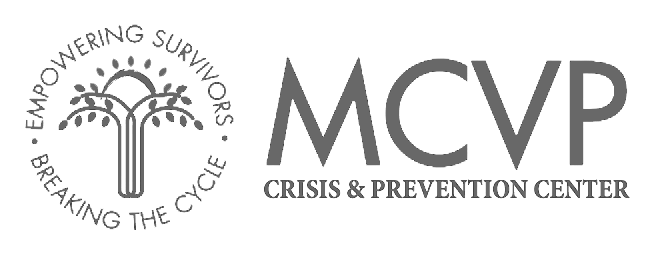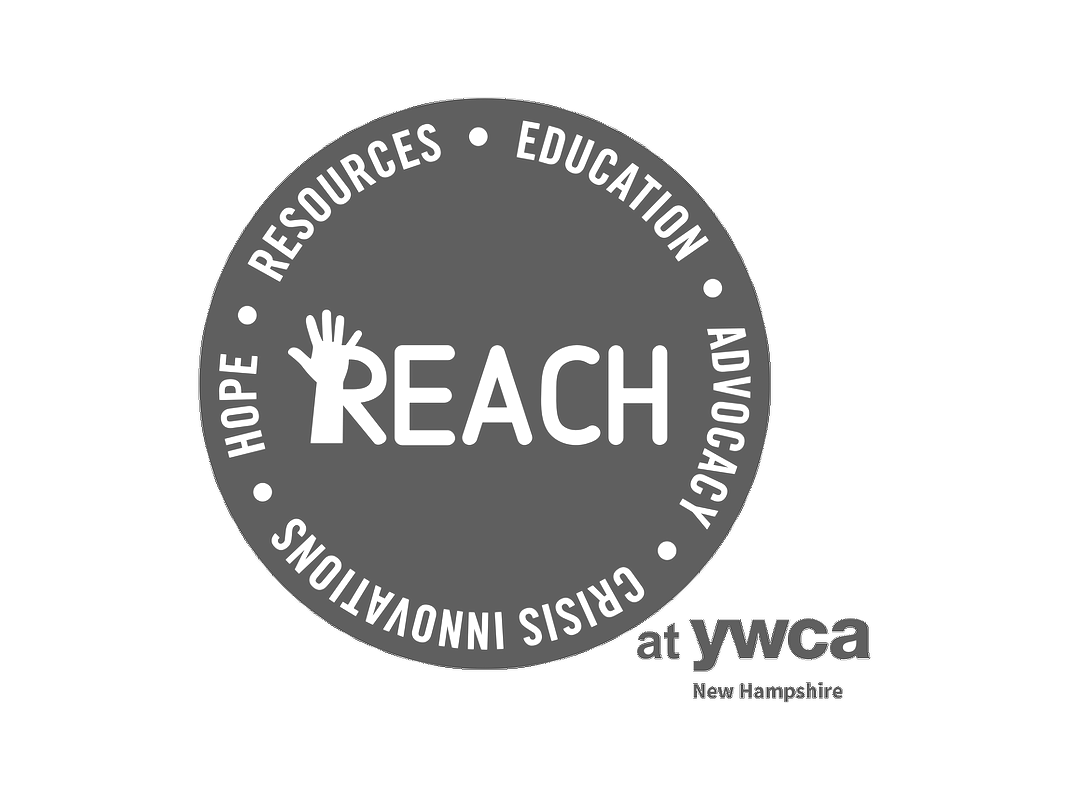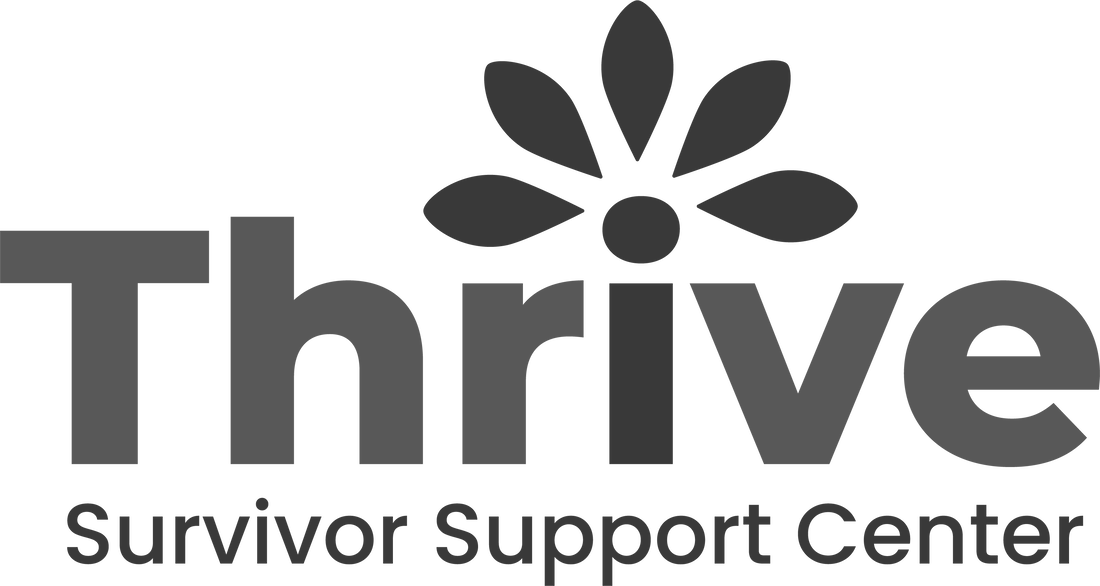what is domestic violence?
Domestic violence can happen to anyone- adult women and men, teenagers, people who are mentally and physically disabled, and the elderly – regardless of race, sexual orientation, gender identity, ability, or economic status.
It may include:
- Physical violence
- Sexual violence
- Stalking
- Verbal, emotional, mental/psychological, and/or economic abuse
- Threats, pushing, punching, slapping, strangulation, shouting, and/or name-calling
- Harming or threatening to harm children or pets, and other violent or intimidating behaviors
- Isolation from family and friends
- Rarely a one-time occurrence, domestic violence usually escalates in frequency and severity over time.
- Abusers batter to control and dominate their partners
financial abuse
unique challenges facing victims
-
While many aspects of LGBT domestic violence are similar to those experienced by heterosexual victims, it is not in all ways identical. Perpetrators often attempt highly specific forms of abuse based on identity and community dynamics, including:
• ”Outing" or threatening to out a partner's sexual orientation or gender identity to family, friends, employers, or in other situations where this may pose a threat.
• Telling the survivor that abusive behavior is a normal part of LGBT relationships, or that it cannot be domestic violence because it is occurring between LGBT individuals.
• Portraying the violence as mutual and even consensual, especially if the partner attempts to defend themselves from the abuse.
• Categorizing the abuse as an expression of masculinity or some other "desirable" trait.
• Interfering with hormones their partner is taking to transition, or forcing their partner to transition.
-
Men are less likely to report the intimate partner violence and seek services due to several factors:
• The stigma of being a male victim
• The perceived failure to conform to the macho stereotype
• The fear of not being believed
• The denial of victim status
• And the lack of support from society, family members, friends.
According to the National Center for Victims of Crime men experience many of the same psychological reactions to violence as women. These include:• Guilt, shame, humiliation
• Anger and anxiety
• Depression
• Withdrawal from relationships.
-
• Statistically, individuals with disabilities are just as likely to experience domestic violence, however it often lasts for longer periods of time
• Research has shown that individuals with disabilities are at an increased risk for experiencing violence in residential settings, including group homes, hospitals and other residential programs.
• Individuals with disabilities have reported limited access to safety and support services available in their communities and an extreme loss of power and control when their abuser is also their caretaker.
Red flags for an abusive or potentially abusive caregiver
Safety of Your Child With a Disability
Tips for Communicating with Survivors with Cognitive Disabilities
Tips on what to do when an individual with a disability discloses abuse
Tips for Parents: Talking to Your Child with a Disability about Sexuality
Tips for Working with Sexual Abuse Survivors Who Have Disabilities
-
Abusers use their victim’s immigration status as a tool to force the victim to remain in the relationship.
• Cultural and/or religious beliefs that restrain the survivor from leaving the abusive relationship or involving outsiders.
• Immigrant victims may have more difficulty accessing legal and social services than U.S. citizens.
• Abusers may contact a victim’s family living overseas or threaten their loved ones as a form of power and control
• Immigrant batterers and victims may believe that the penalties and protections of the U.S. legal system do not apply to them.
• For victims who do not speak English there can be a lack of access to bilingual shelters, financial assistance, or food. It is also unlikely that they will have the assistance of a certified interpreter during their interactions with the legal system (court, police, 9-1-1, acquiring information about the legal system.) It’s important to know that language services and translators are available when contacting your local crisis center in NH.
-
• Distrust of law enforcement, criminal justice system, and social services.
• Lack of service providers that look like the survivor or share common experiences.
• Lack of culturally and linguistically appropriate services.
• Lack of trust based on history of racism and classism in the United States.
• Fear that their experience will reflect on or confirm the stereotypes placed on their ethnicity.
• Assumptions of providers based on ethnicity.
• Attitudes and stereotypes about the prevalence of domestic violence and sexual assault in communities of color.
-
• All aspects of a child’s life are affected when a child grows up in a violent home. Domestic violence may make children less likely to succeed in school and more likely to face a host of health problems that can last throughout their lives. These effects can be mitigated by the presence of a stable and loving adult caregiver who is supported by a community that recognized the impact of violence.
• Children may be physically, emotionally and cognitively damaged as a result of domestic violence.
• When supporting a child that has been exposed to domestic violence, it may be helpful to:
• Foster children's self-esteem - children who live with violence may need reminders that they are lovable, competent and important.
• Teach alternatives to violence - help children learn conflict resolution skills and about non-violent ways of playing.
• Help children know what to expect by developing a routine - Offer a structured environment where children can predict what will come next.
know the signs of abuse
Barriers to Leaving
- Fear of more violence/death
- Fear of losing custody of their children
- Cultural religious values
- The hope that the batterer can change
- The batterer threatens suicide or other self-destructive behavior
- Lack of financial independence
Research shows the most dangerous time for a victim in an abusive relationship is when that person decides to leave.
Our Supporting Partners
New Hampshire Coalition Against Domestic and Sexual Violence
PO Box 353, Concord, NH 03302-0353
(603) 224-8893













